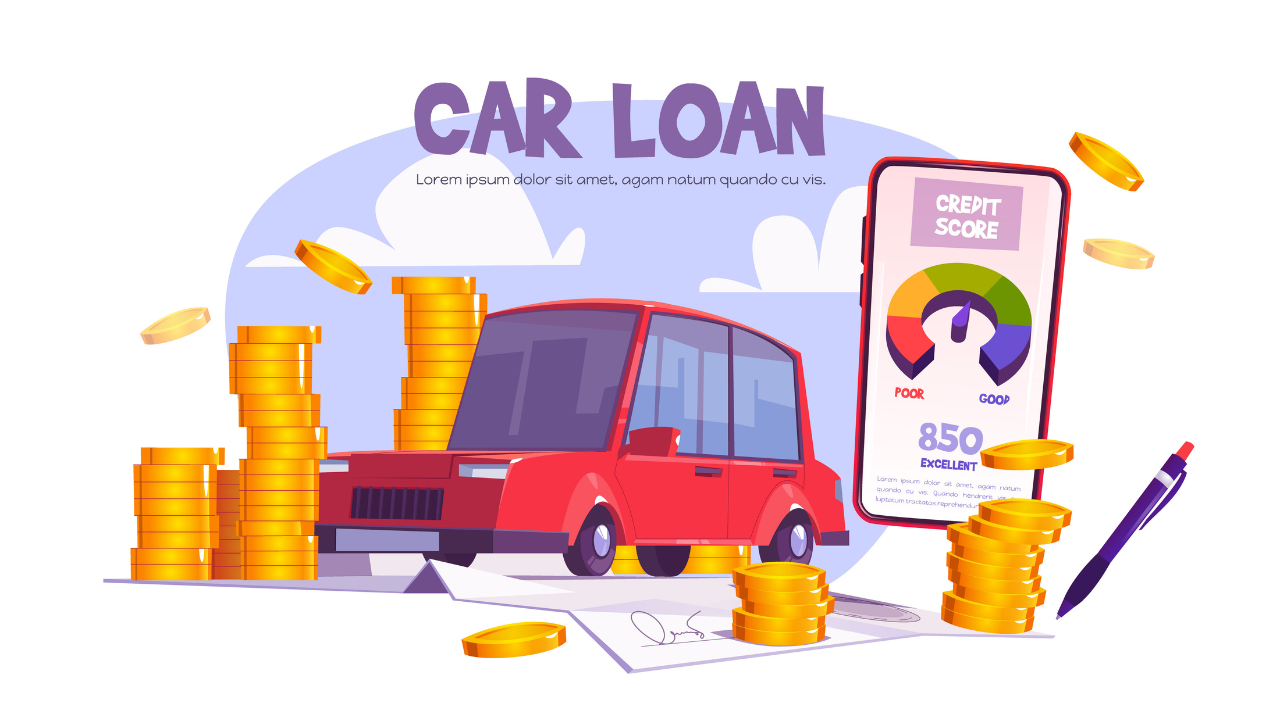How Car Loan Refinancing Can Support Your Financial Plans
29 October 2025
5 Mins Read

Let’s be honest—keeping your finances on track can feel like you’re constantly trying to plug leaks in a sinking boat.
There’s rent, groceries, credit cards, and yep, that car loan that never seems to end. But here’s something people forget: you don’t always have to stick with the loan you first signed.
Refinancing your car loan can give you a shot at reshaping things—lower monthly payments, a better interest rate, or just a setup that fits your life now instead of the one you had a few years ago.
Moreover, working with a trusted refinance company for cars helps you to secure lower monthly payments, reduce interest costs, or select a loan duration that aligns with your long-term goals.
It’s kind of like hitting the reset button, only smarter. When most of us buy our first car, we don’t exactly have bargaining power.
Maybe your credit wasn’t great, or you just took what the dealer offered because, well, you needed the car.
Fast-forward a bit—your credit’s improved, maybe the economy’s shifted—and suddenly, the deal that once felt fine looks a bit… off.
That’s where refinancing steps in. It’s basically trading your current loan for a new one, usually with a new lender, hopefully under better conditions.
So, if you are wondering why you need car loan refinancing, I have got your back. In this blog, I am going to discuss the various factors of refinancing car loans.
So, keep reading to know more!
What Exactly Is Car Loan Refinancing?
In simple terms, refinancing means swapping your old auto loan for a new one with different rules—ideally, ones that work in your favor.
The new loan might come with a lower rate, smaller monthly payments, or even a shorter term if you’re ready to knock it out sooner.
Some folks also use it to remove a co-signer, or sometimes add one, depending on how things have changed.
Lenders will look at your income, credit score, and how much equity you’ve got in your car. Oh, and they’ll care about the car’s age and mileage too—some lenders don’t mess with older rides.
The good news? Compared to something like a home refinance, this process is way less painful. Most people can handle it in a week or less.
Benefits Of Refinancing Your Car Loan
Although it doesn’t seem so, there are countless benefits of car loan refinancing. So, some of these benefits include—
- Lower Interest Rates: Maybe rates have dropped since you first bought your car. Or maybe you’ve been working on your credit, and it finally paid off. Either way, you could score a much better rate and save money over time.
- Reduced Monthly Payments: Stretching the loan term for a longer repayment period can bring your payments down, freeing up extra cash every month. It’s a relief, especially when life gets expensive.
- Shortened Loan Term: On the other hand, if you’re in a better spot financially, refinancing can help you pay the loan off faster. Sure, the payments go up—but you save on interest and own your car sooner.
- Release of Co-Signers: If you had someone co-sign back when your credit was rough, refinancing can let you take full ownership of the loan and give them peace of mind, too.
When To Consider Refinancing Your Car Loan?
There are a few times when refinancing makes total sense. If your credit score’s gone up, that’s a big one. Or maybe auto loan rates have dropped lately—time to take advantage.
Sometimes, it’s just that your budget’s tight and you need a bit of wiggle room. Refinancing can help with that by extending the term and lowering monthly costs.
It’s smart to check in on your loan every so often, especially after life or financial changes. You’d be surprised how often better deals pop up when you’re paying attention.
Unique Drawbacks Of Car Loan Financing
Of course, it’s not all upside. There are always a few things to watch out for. Similarly, car loan financing comes with its own set of challenges and drawbacks.
And, knowing them prior to getting your car loan refinanced can definitely come in handy. So, here are the common drawbacks to look out for—
- Higher Total Interest: If you stretch the loan too long, you might end up paying more overall, even if your monthly payment is smaller.
- Refinancing Fees: Lenders can tack on fees for paperwork or title transfers, and your current lender might even charge a penalty for paying off early.
- Negative Equity: Cars lose value fast. If you owe more than your car’s worth, refinancing might not be possible—or worth it—until you catch up a bit.
- Qualification Limits: Some lenders won’t bother with older cars or really small remaining balances. It’s just not worth their time, apparently.
Steps To Refinance Your Car Loan?
Start by checking your credit score—seriously, it makes a huge difference in what offers you’ll get. Then shop around.
Don’t just grab the first lender that says yes; compare banks, credit unions, and online lenders. Use an auto refinance calculator (there are tons online) to see how much you’d actually save.
Gather your docs—pay stubs, your current loan info, the car title, VIN, and mileage—and start applying. When offers come in, read them carefully before signing anything.
Impact Of Economic Factors
The economy totally affects interest rates. When the Federal Reserve adjusts its benchmark rate, lenders usually follow. If rates go down, refinancing gets more appealing.
That’s why it’s good to stay even a little tuned into financial news—sometimes timing your move right can save you hundreds, even thousands.
Choosing Car Loan Refinancing The Right Way
Refinancing isn’t some fancy financial trick—it’s just about being smart with your timing.
Whether you want smaller payments, less interest, or just a bit more breathing room, it’s an option worth looking at. Keep an eye on your credit, the economy, and your own goals.
Done right, refinancing can make your money work a little harder for you—and who doesn’t want that?
Read Also:



















Comments Are Closed For This Article